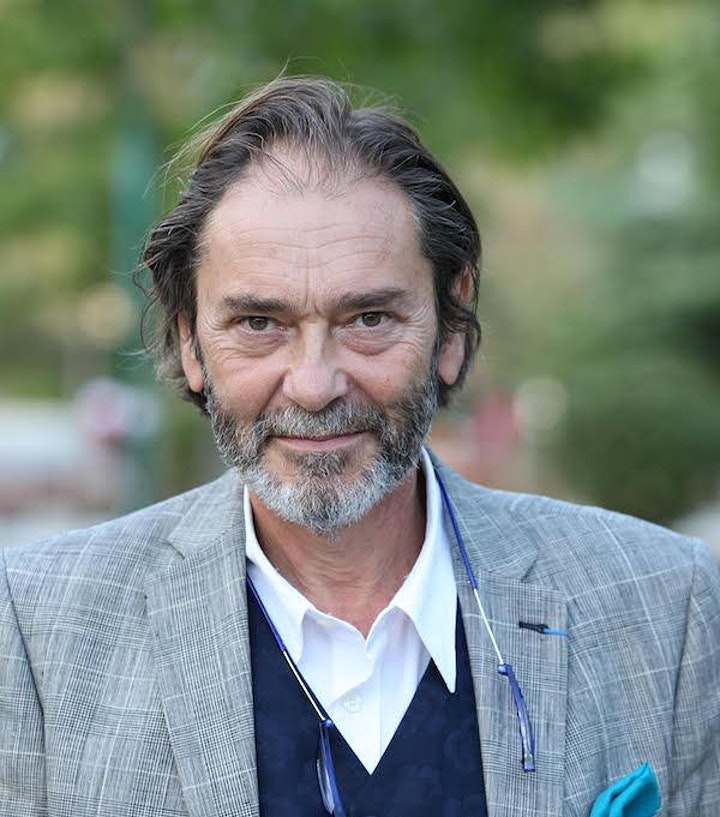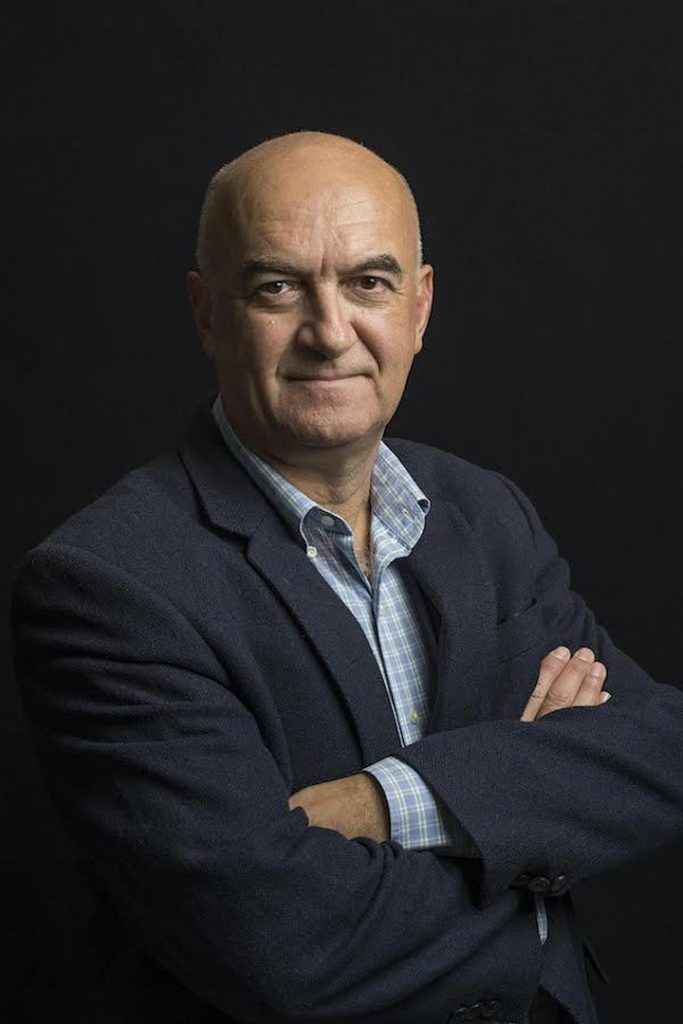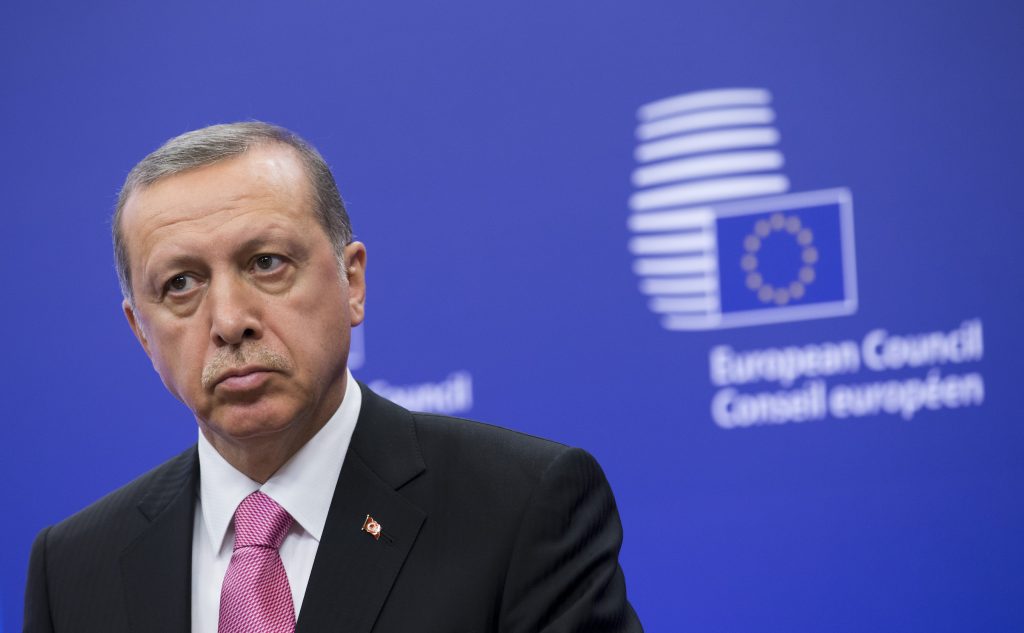Relations between the European Union and Turkey have been strained for many years, but with the threat of EU sanctions against Turkey could they fracture entirely?
Two incisive Turkish minds, Prof Cengiz Aktar and Yavuz Baydar, will be assessing the situation with a critical eye ahead of a crucial EU Summit on 11-12 December where Turkey is on the agenda. They take their cue from recent developments.
Last month, the EU bloc’s Foreign Policy Chief Josep Borrell said, “Time is running, and we are approaching a watershed moment in our relationship with Turkey.”
Borrell’s comments came after a growing rift between Turkey, an EU candidate country, and the European bloc over Cyprus and the drilling and maritime rights in the Eastern Mediterranean.
Tensions rose significantly over the summer, generating real fears at one point of a clash between Turkey on the one hand, and three EU member states – France, Greece and South Cyprus – on the other.
In recent weeks, President Recep Tayyip Erdoğan has further antagonised relations with Brussels by throwing his weight behind new North Cyprus President Ersin Tatar, who advocates a two-state solution in Cyprus after forty years of failed federal talks. Erdoğan has also echoed the Turkish Cypriot leader’s call to re-open the abandoned seaside resort Varosha ahead of a political settlement.
Ankara’s policy shift has infuriated Greeks and Greek Cypriots, with France’s Emmanuel Macron leading the press for the 27-member bloc to impose sanctions on Turkey when EU leaders meet on December 11-12.
On Tuesday evening, Prof Cengiz Aktar will offer a “tour d’horizon” on the shattered state of relations, with Yavuz Baydar, Editor-in-Chief of Ahval News Online, chairing and moderating the online talk.
The hosts for this free Zoom event are London-based think tank CEFTUS (Centre for Turkey Studies). The online talk is open to the public, although prior registration is required.
Online Talk Details
Title: Moment of rupture in Turkey-EU relations: from post-candidacy to open clash
Date: Tuesday 8 December 2020
Time: 6pm to 8pm
Talk Registration: use this link to register for the Zoom talk.
https://zoom.us/meeting/register/tJYof-ioqD8qGdRdl3SfoFQsiJ7XZesUB51m
After registering, you will receive a confirmation email containing information about joining the meeting
Event details: The event is two hours long, with the last 30 minutes dedicated to a Q&A session.
Important notice: This event is being recorded and shared more widely. By registering for the event, participants accept that the event will be recorded, and distributed on CEFTUS’ social media accounts and website.
About Prof Cengiz Aktar

Cengiz Aktar is a professor of political science presently teaching at the University of Athens EKPA. He is a former director at the United Nations specializing in asylum policies.
One of the leading advocates forTurkey’s integration into the EU, in 1999 Prof. Aktar initiated a civil initiative for Istanbul’s candidacy for the title of European Capital of Culture, which the city successfully held in 2010.
A former Chair of European Studies at Bahçeşehir University in Istanbul, Prof. Aktar has also headed an initiative called European Movement 2002, which lobbied MPs to speed up political reforms needed to begin candidacy negotiations with the EU.
In December 2008, he was behind the ‘I Apologise’ campaign offering an apology to Armenians for the mass murder and ethnic cleansing their community endured during the late years of the Ottoman Empire. The online campaign was signed by 32,000 citizens of Turkey.
In addition to EU integration policies, Prof. Aktar’s research focuses on politics of memory regarding ethnic and religious minorities, on the history of political centralism and on international refugee law.
His latest book “Le Malaise Turc” (The Turkish Malaise) was published in November in France.
About Yavuz Baydar
Yavuz Baydar is an award-winning journalist, author, and the Editor-in-Chief of Ahval, an independent, trilingual news and podcast website about Turkey.
His articles have appeared in the Guardian, Huffington Post, Süddeutsche Zeitung, New York Times, El Pais, Svenska Dagbladet, Yomiuri Shimbun, the Arab Weekly, and Index on Censorship.

Baydar is one of the co-founders of the independent media platform P24, which was launched in 2013 to monitor the media sector and the state of journalism in his home country.
In 2014, as a Shorenstein Fellow at Harvard Kennedy School of Government, he completed an extensive research paper on self-censorship, state oppression and threats over journalism in Turkey in the wake of Gezi Park protests. The paper evolved into a book called ‘Newsroom as an Open-Air Prison: Corruption and Self-Censorship in Turkish Journalism,’ that was published in both Turkish and German.
Baydar is also the author of ‘Die Hoffnung Stirbt am Bosporus – Wie die Türkei Freiheit und Demokratie Verspielt’ (‘The Hope dies at Bosporus: How Turkey Squandered Freedom and Democracy’), published in 2018.
In the same year, he was awarded the prestigious ‘Journalistenpreis’ by the Munich-based Südosteuropa-Gesellschaft in Germany. In 2014, Baydar received a Special Award of the European Press Prize (EPP) for ‘excellence in journalism’.
His media career started in broadcast in Sweden, where he had gained a Master’s degree in Cybernetics and Informatics at Stockholm University. He went on to work for Show TV as its Paris correspondent, the Turkish section of BBC World Service, and to write for leading Turkish dailies Cumhuriyet and Milliyet, and to present current affairs shows on state broadcaster TRT, and later CNN Turk.
Baydar was a columnist for Today’s Zaman, which was forced to cease publication in 2016 following an executive decree by President Erdoğan, with arrest warrants issued for dozens of its former staff. The paper was associated with the Fethullah Gülen Movement, which was reclassified as a proscribed terror group following the attempted coup in Turkey on 15 July 2016.
He currently heads Ahval, which is a highly critical outlet of the Erdoğan government. Earlier this year, Baydar told German paper Süddeutsche Zeitung, that Ahval, which was launched in 2017, aims “to fill a gap caused by media bans and self-censorship in Turkey.”
Main image, top, of President Recep Tayyip Erdoğan in Brussels, 5 Oct. 2015. Photo © Council of the European Union





